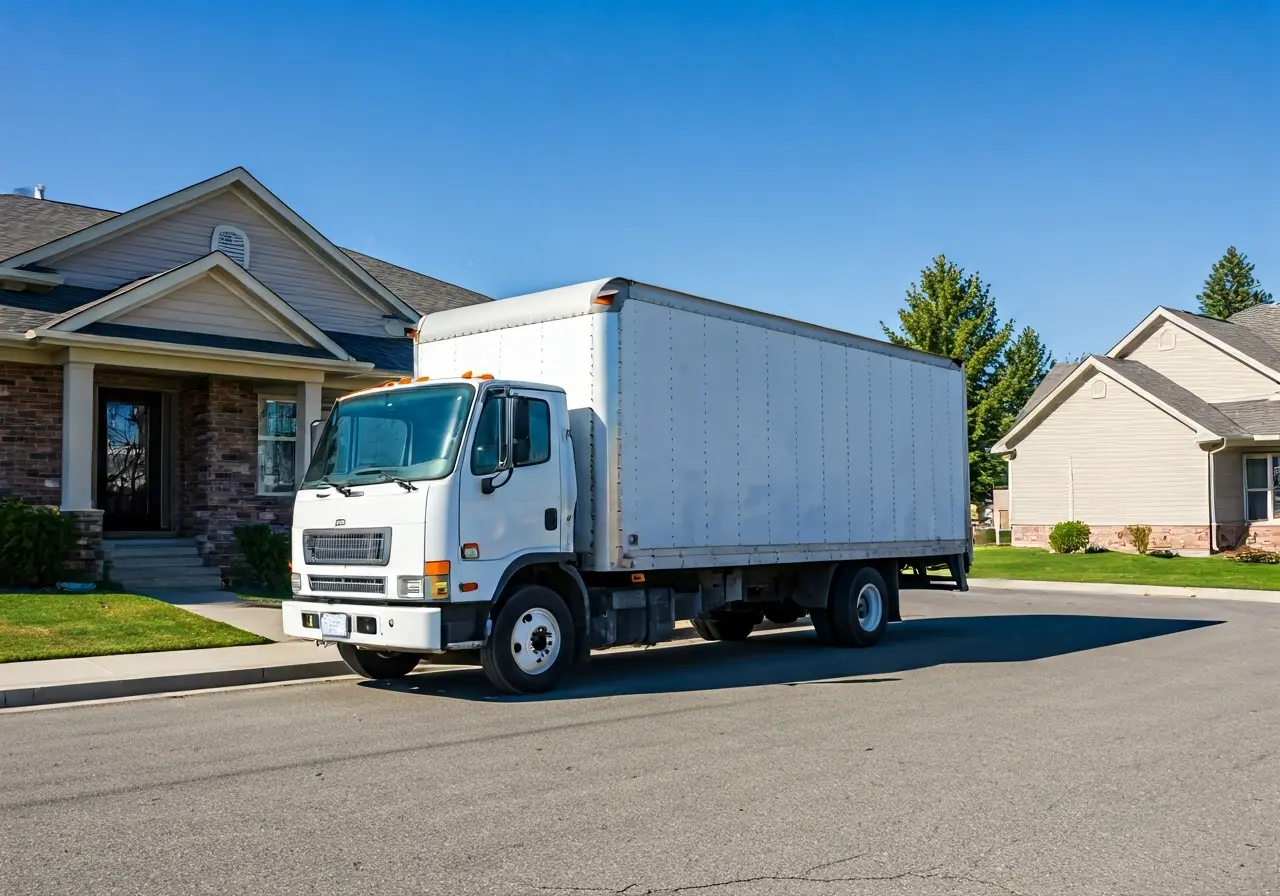Tipping in this day and age can be a bit of a grey area, especially when it comes to services like moving. Understanding the norms and expectations around tipping movers can help ease your moving day stresses. This guide will help you navigate all of the the nuances of when, how much, and why it is approporiate to tip your movers.
Is Tipping Movers Expected?
Tipping is generally seen as a way to acknowledge excellent service and hard work. It is often that movers engage in physically demanding tasks during a move, and a tip can serve as an extra thank-you for their effort. This physical demand, paired with the need for delicate handling of personal belongings, highlights the importance of recognizing a mover’s dedication and skill.
The cultural expectations around tipping range, but a small gesture of thanks is almost always appreciated by those who have worked to help you settle into your new home. The gratitude you show through the act of tipping can make a real difference in how movers feel about their work; it acknowledges their expertise and care, which can motivate them to continue to provide an elevated moving experience for theirs clients.
How Much Should You Tip Movers?
The standard tip for movers typically ranges from 5% to 10% of the total moving cost. Alternatively, you might consider tipping (20 to )30 per mover for a half-day move, or (40 to )50 per mover for a full-day move. Deciding on the precise amount can depend on multiple factors, like the size of the move, the complexity, and the level of service provided. Also consider that tipping in cash is usually preferred, as it ensures the movers receive their full gratuity.
For local moves, specifically those involving less complexity and fewer items, a smaller tip such as $20 per mover might be appropriate.
Finally, long-distance moves, (where movers endure extended hours on the road and coordinate intricate logistics), could earn a more substantial tip. In such cases, aiming for at least $100 per mover is a reasonable guideline to making sure each individual feels valued for the extra effort involved.
When Is the Best Time to Tip?
Now that you know how much to tip, the next questions is “when is the appropriate time?”. While there’s no strict rules around this, it’s most common to tip movers after all the work is completed and you’re satisfied with the job. This allows you to evaluate the service quality before deciding the appropriate amount of gratuity. Tipping after the move also gives you the chance to address any concerns or appreciate particular workers who went above and beyond.
Factors to Consider Before Tipping
Before deciding on your tip amount, take a moment to consider some key factors that could influence the tip amount.
First, evaluate the complexity of your move. Did it involve heavy furniture, fragile items, or difficult weather conditions? These variables can increase the job’s difficulty and merit a more generous tip. Also consider weighing in the movers’ professionalism, punctuality, and general attitude during the move.
Additionally, some moves might involve navigating particularly tricky obstacles, such as narrow hallways, multiple flights of stairs, or ensuring valuable items arrive intact. Movers who demonstrate problem-solving skills and care during such challenges significantly enhance the service, deserving an acknowledgment through an appropriate tip. Consider also the effort and coordination involved in ensuring a seamless moving experience for all parties.
Alternatives to Cash Tips
If you can’t afford to provide cash tips, offering refreshments, snacks, or writing a positive review for the moving company can be great alternatives. These gestures of appreciation are always well-received by movers. Snack breaks and providing beverages can offer much-needed revivals during an often physically taxing day, showcasing your appreciation beyond mere words.
Writing a positive review or calling the moving company to highlight the efforts of specific crew members can also be a nice alternative to cash tips. These acknowledgments will create lasting impressions that can benefit the service providers in the long run.
Making Your Move Easier with Tipping Know-How
Tipping movers doesn’t have to be a confusing experience. By understanding the common practices in Canada, you can show your appreciation appropriately and ensure a smooth moving experience. Remember, while tipping is appreciated, it’s ultimately your choice and should reflect the quality of service received. For more details on how to plan your move smoothly, visit Great Canadian Van Lines.
FAQs
1. Do I have to tip my movers in Canada?
No, tipping is not mandatory, but it’s a common gesture of appreciation for a job well done.
2. How much should I tip for a short local move?
(20–)40 per mover is a standard range. For smaller jobs or lighter loads, less may be appropriate.
3. Is it better to tip in cash or on the bill?
Cash is preferred because movers receive it immediately. If not possible, ask if tips can be added to your final invoice.
4. Should I tip movers who are the company owners?
If the owner is doing the moving themselves, tipping is still appreciated but less expected. A gesture like lunch or a positive review goes a long way.
5. Can I tip with food or drinks instead?
Yes, especially during long or summer moves. Water, coffee, lunch, or snacks are thoughtful ways to show gratitude.
6. What’s the tipping etiquette for cross-country or long-distance moves?
Tips are typically higher due to the longer duration; $100+ per mover or 5–10% of the total moving cost is a good guideline.








